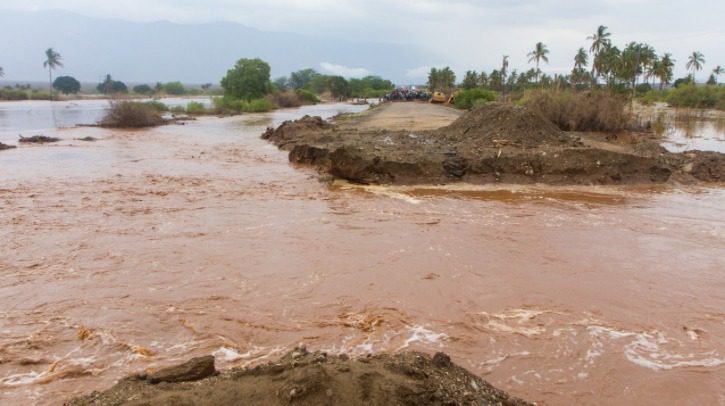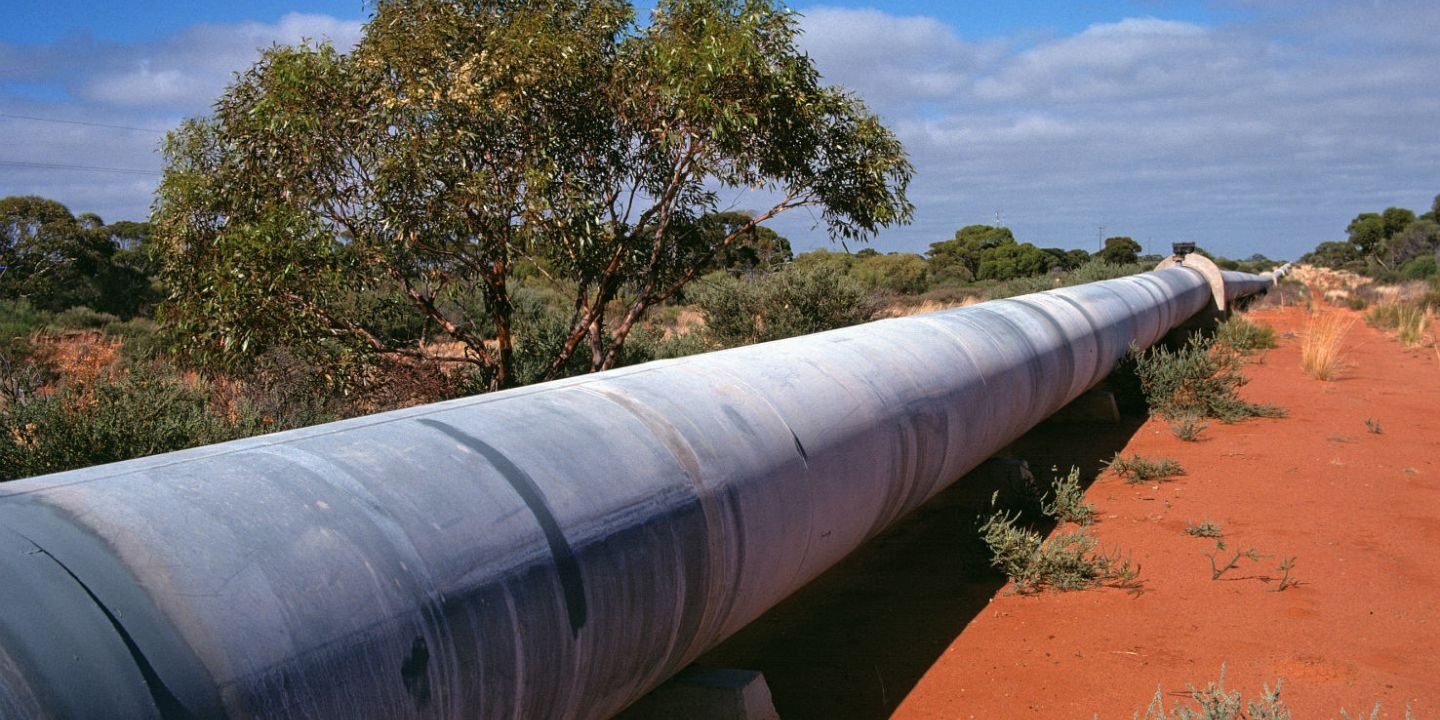
Monday 14th April 2025

Tanzania has launched the Early Warnings for All (EW4All) Initiative to protect the public from hazards including floods and extreme heat.
Tanzania has officially joined the growing list of East African countries taking action against the worsening effects of climate change. In a two-day event held in Dodoma on March 19 and 20, the country launched the UN-backed “Early Warnings for All” initiative, known as EW4All. The launch brought together more than 100 people from government bodies, NGOs, and international partners, all aiming to improve Tanzania’s ability to predict and respond to climate-related disasters. Deputy Minister of Transport, David Kihenzile, emphasized the urgency, pointing out that early warning systems are no longer optional they’re essential for saving lives and protecting critical infrastructure in the face of increasing weather extremes.
The Tanzania Meteorological Authority will lead the initiative, with financial and technical support from Denmark’s foreign ministry. Their work will focus on improving weather data collection, setting up warning tools like sirens and mobile alerts, and launching public awareness campaigns so that people know what to do when extreme weather is on the horizon. This decision comes at a time when East Africa has been hit repeatedly by floods, droughts, and other natural disasters. Tanzania is now following the example set by neighbors like Uganda, Rwanda, South Sudan, and Burundi, who have already committed to similar early warning programs.
What sets this initiative apart is its aim to reach every corner of the country. The plan is to combine modern forecasting tools with local knowledge so that even remote villages can receive alerts about possible flash floods, extreme heat, or coastal cyclones in time to act. The approach is about being proactive instead of reactive about moving from emergency response to risk prevention.
The World Meteorological Organization confirmed Tanzania’s inclusion in the EW4All initiative, describing it as a major step forward in building resilience to climate, water, and weather-related hazards. The country is now part of a regional movement that hopes to have universal early warning coverage in East Africa by 2027. In a region where rivers cross borders and rainfall in one country can cause flooding in another, coordinated forecasting is becoming more and more critical.
Beyond the obvious benefits to farmers, fishermen, and coastal residents, Tanzania’s commitment to this initiative may also bring diplomatic and financial advantages. By positioning itself as a leader in climate adaptation, the country strengthens its eligibility for international climate financing and technology partnerships. It also aligns well with broader African Union climate goals, reinforcing Tanzania’s role in shaping the continent’s environmental future.
In a time when climate shocks are no longer isolated events but regional threats, Tanzania’s move is both timely and necessary. It shows that with the right partnerships and local leadership, countries can prepare not just to survive disasters but to reduce their impact before they even happen.


